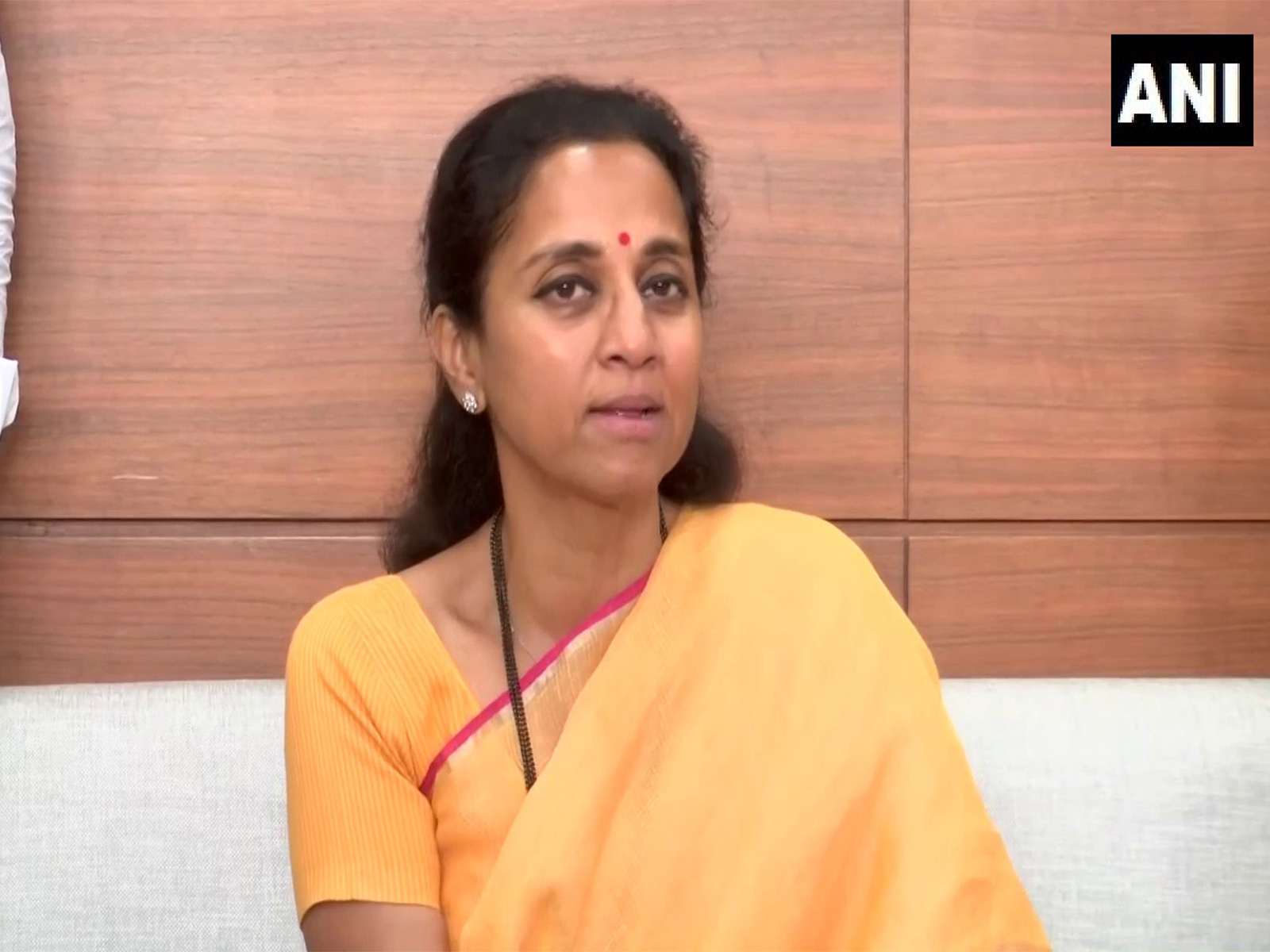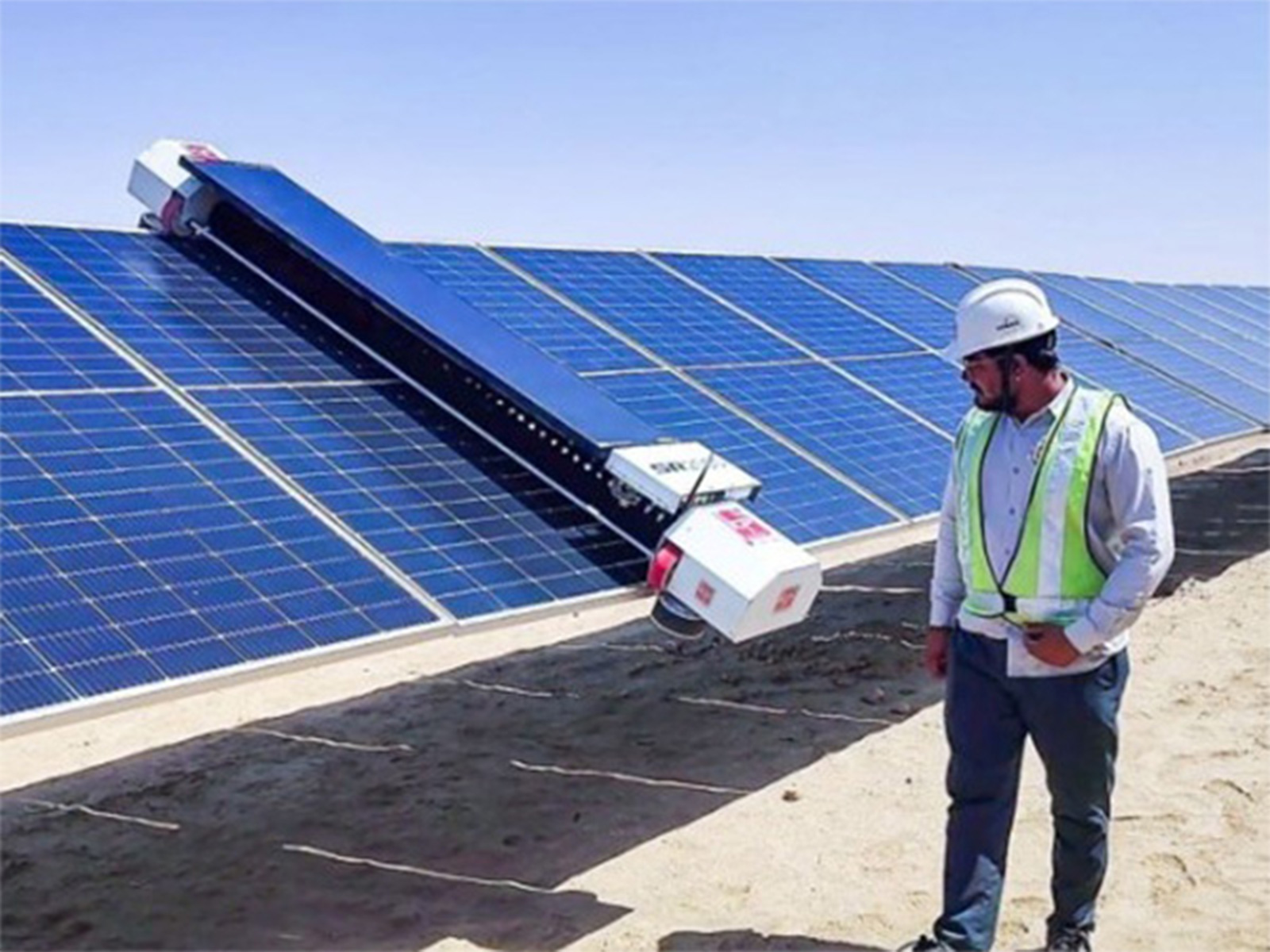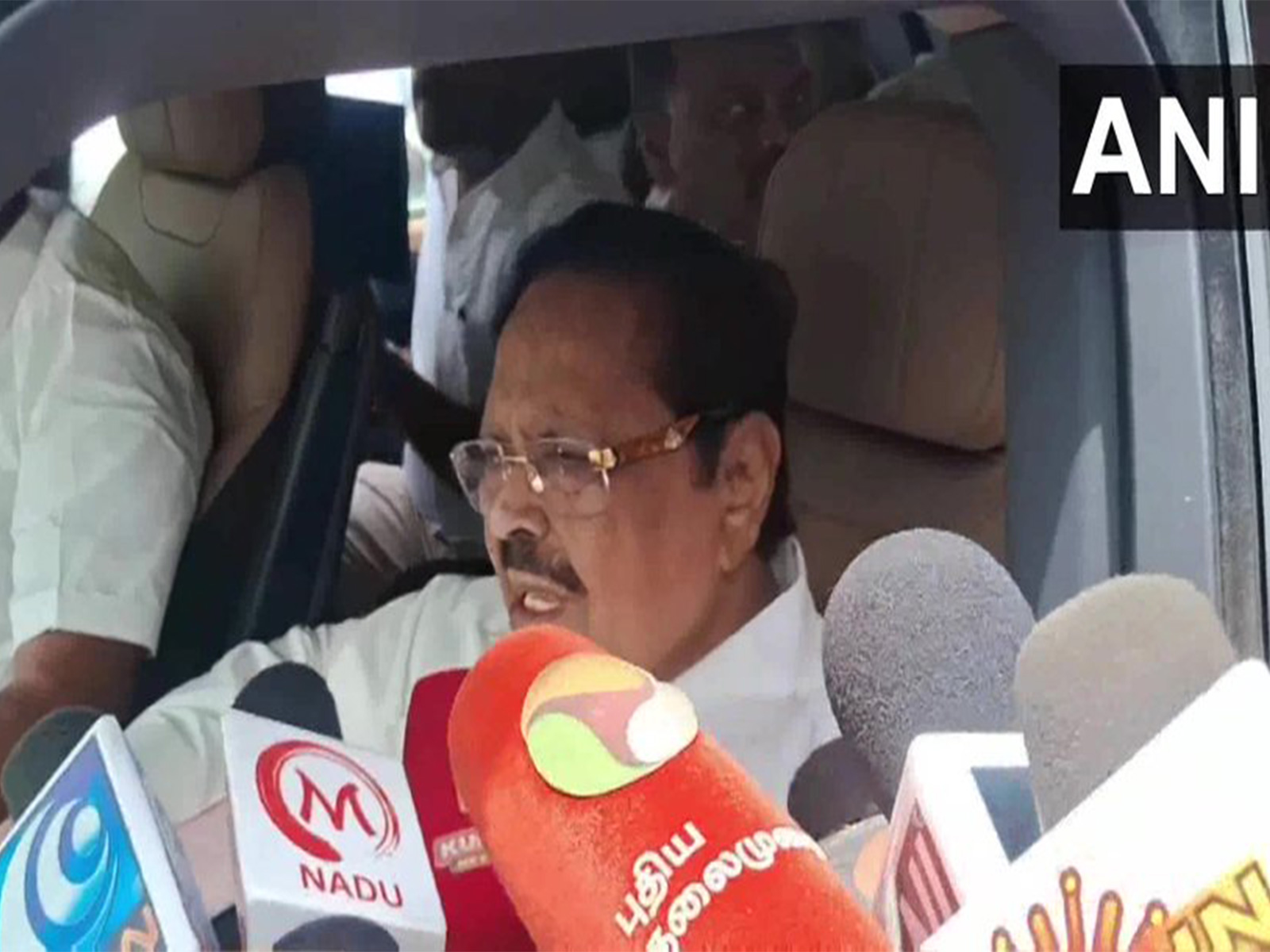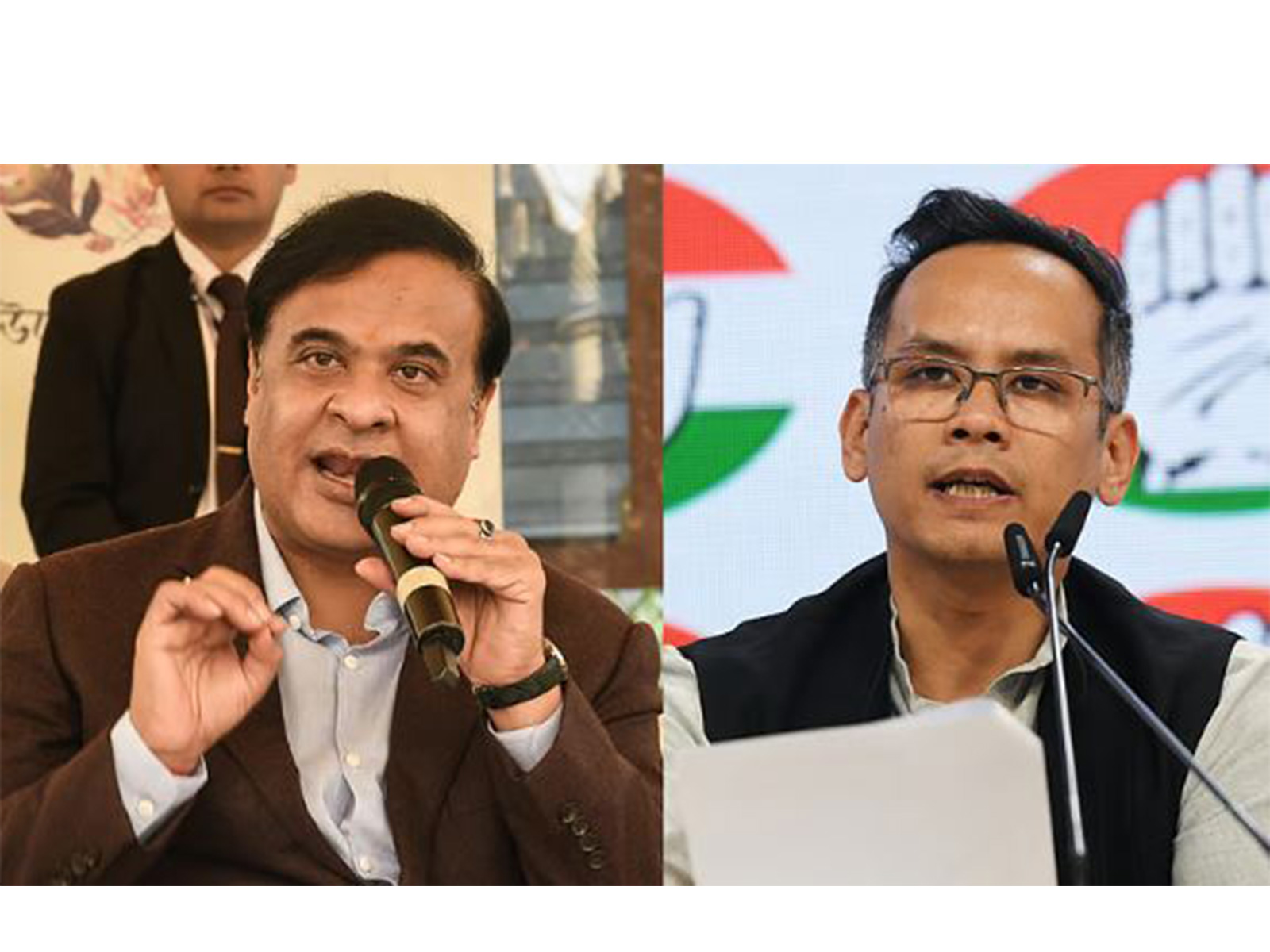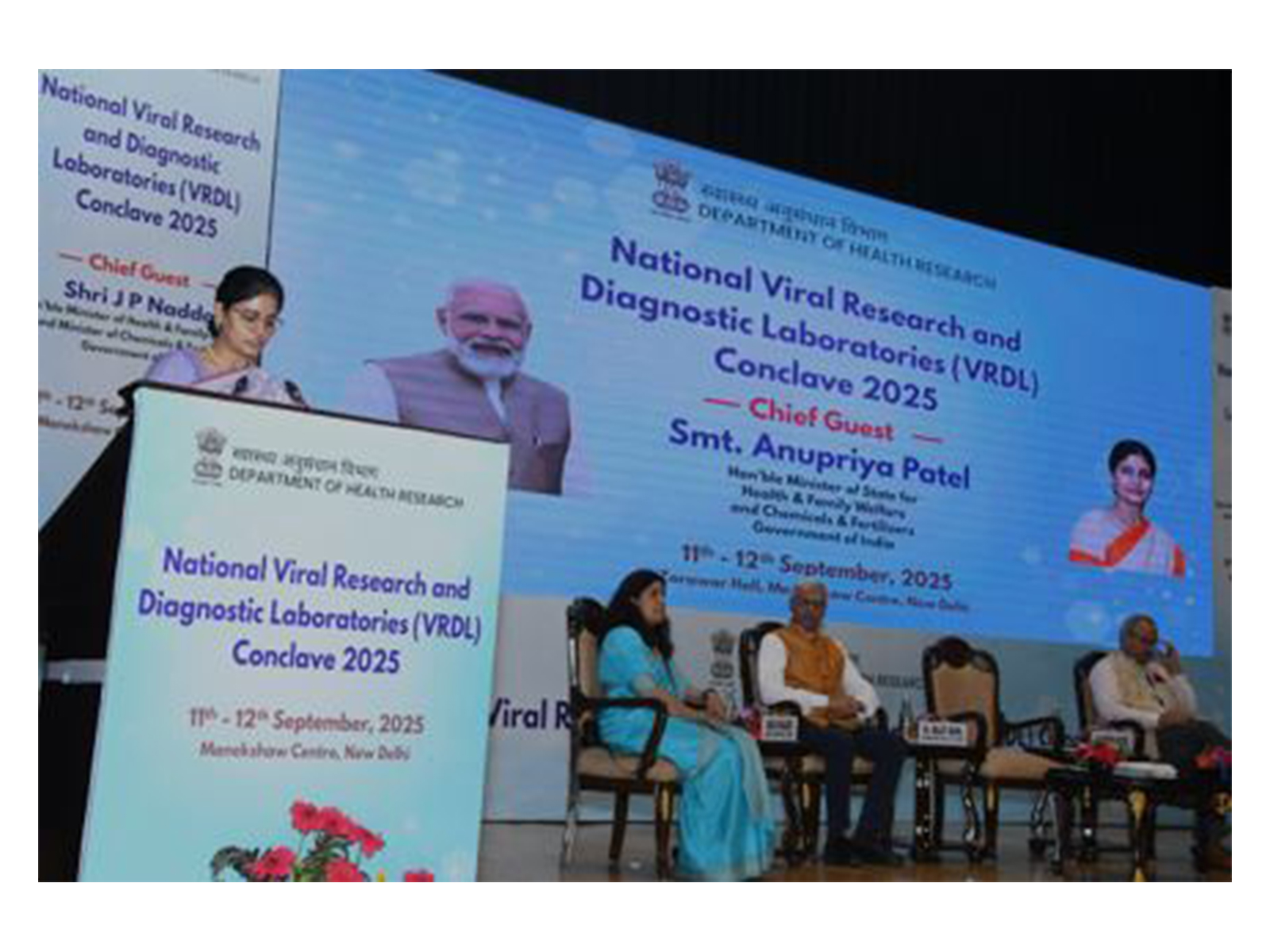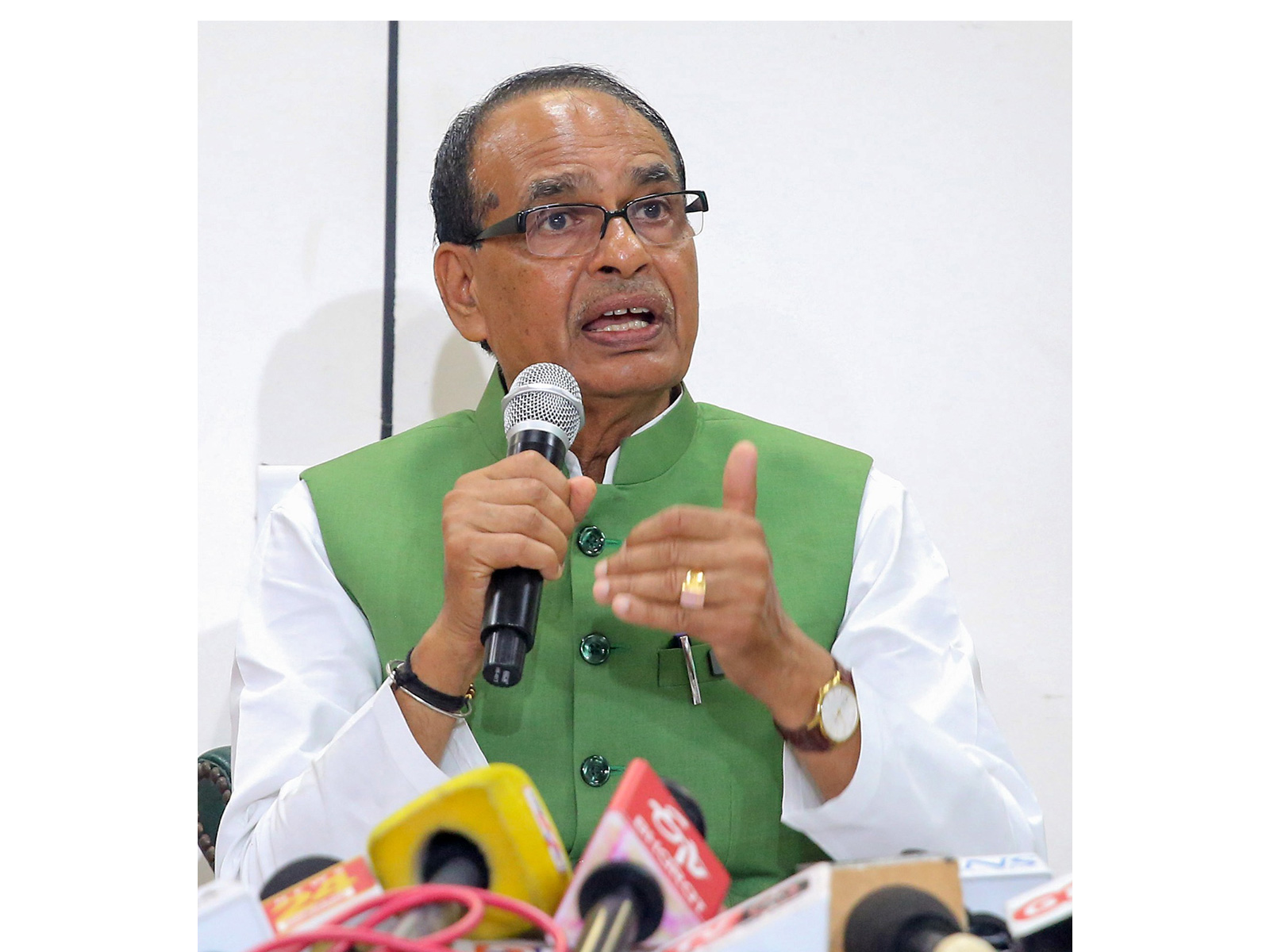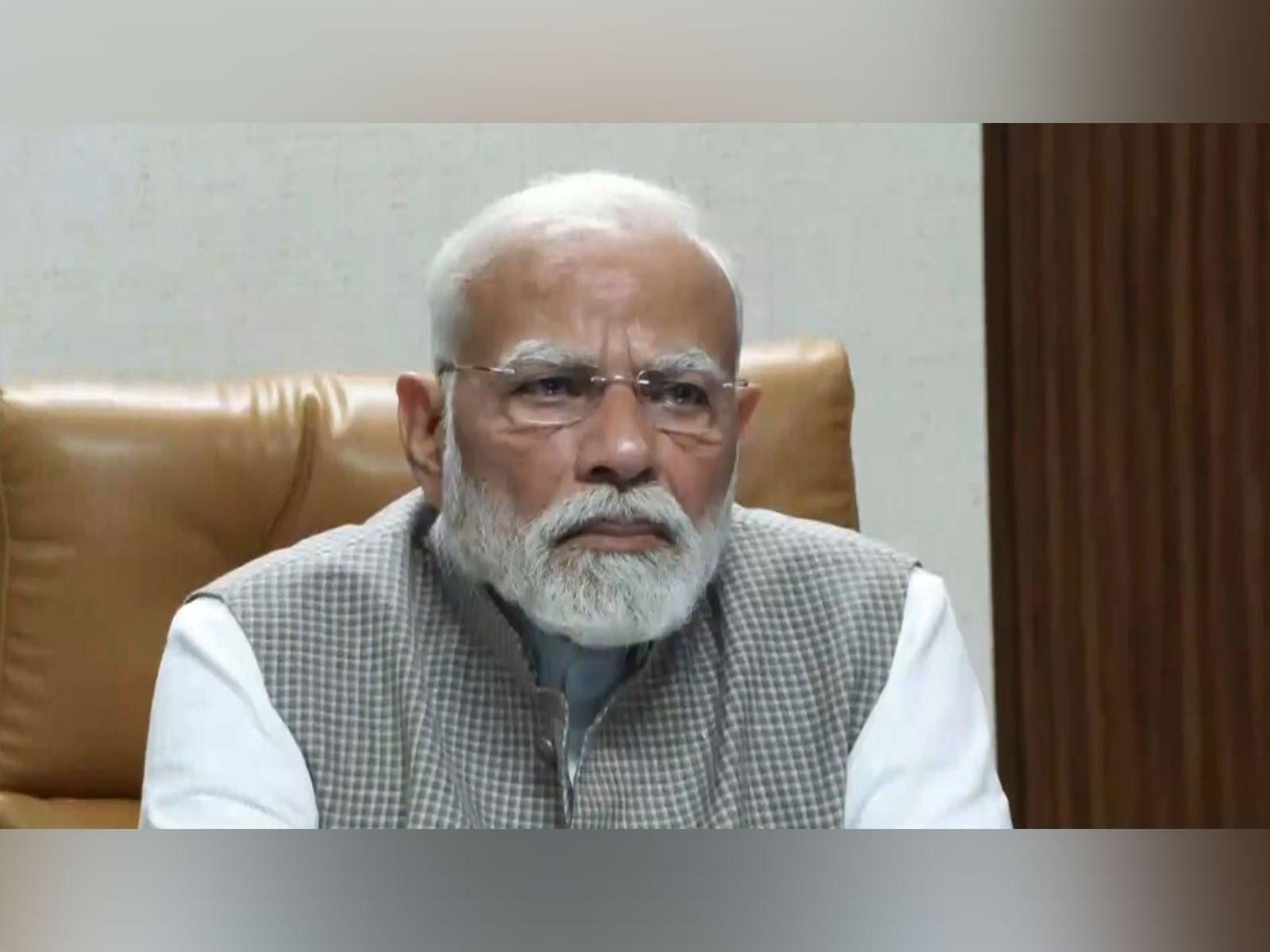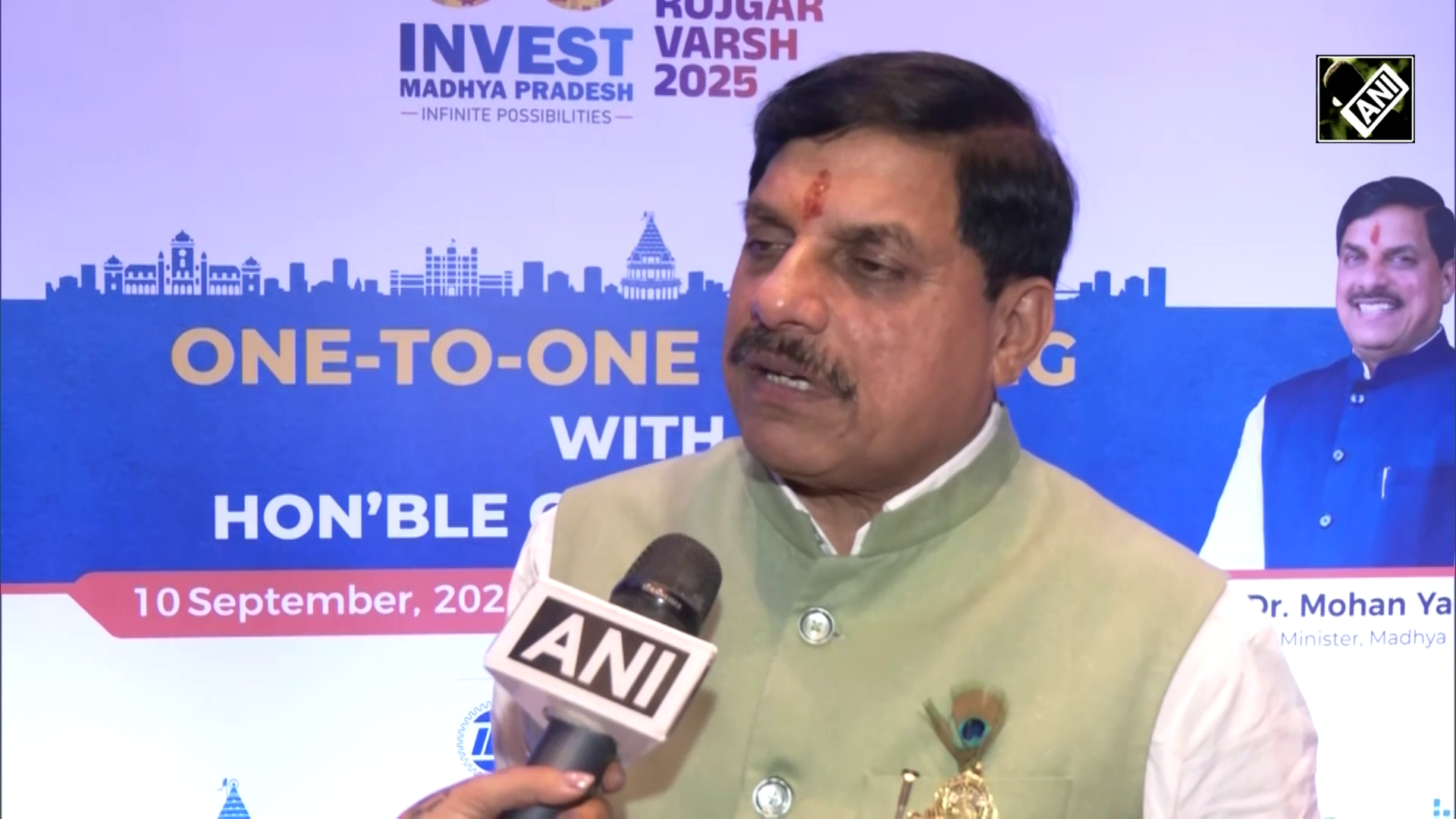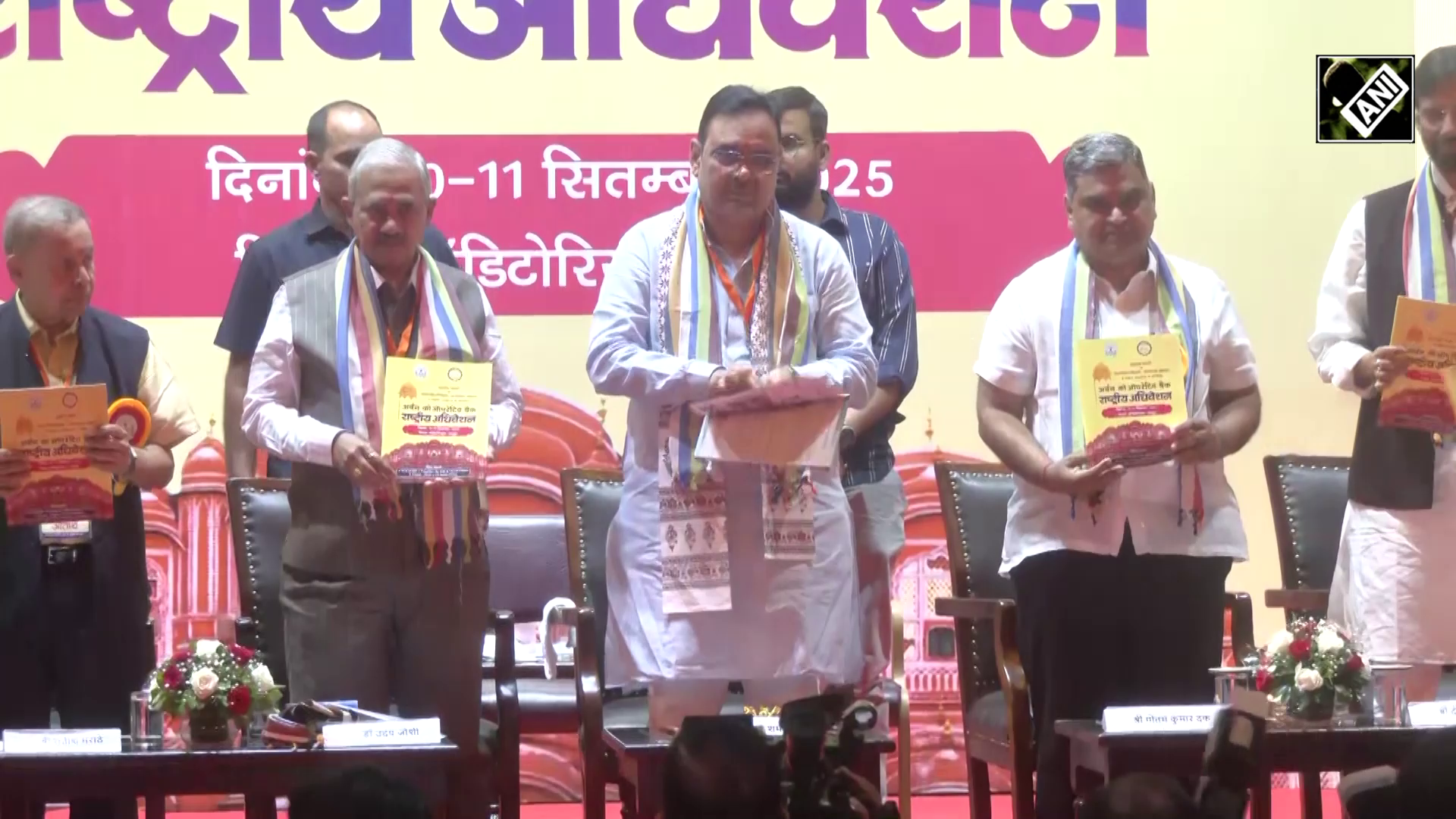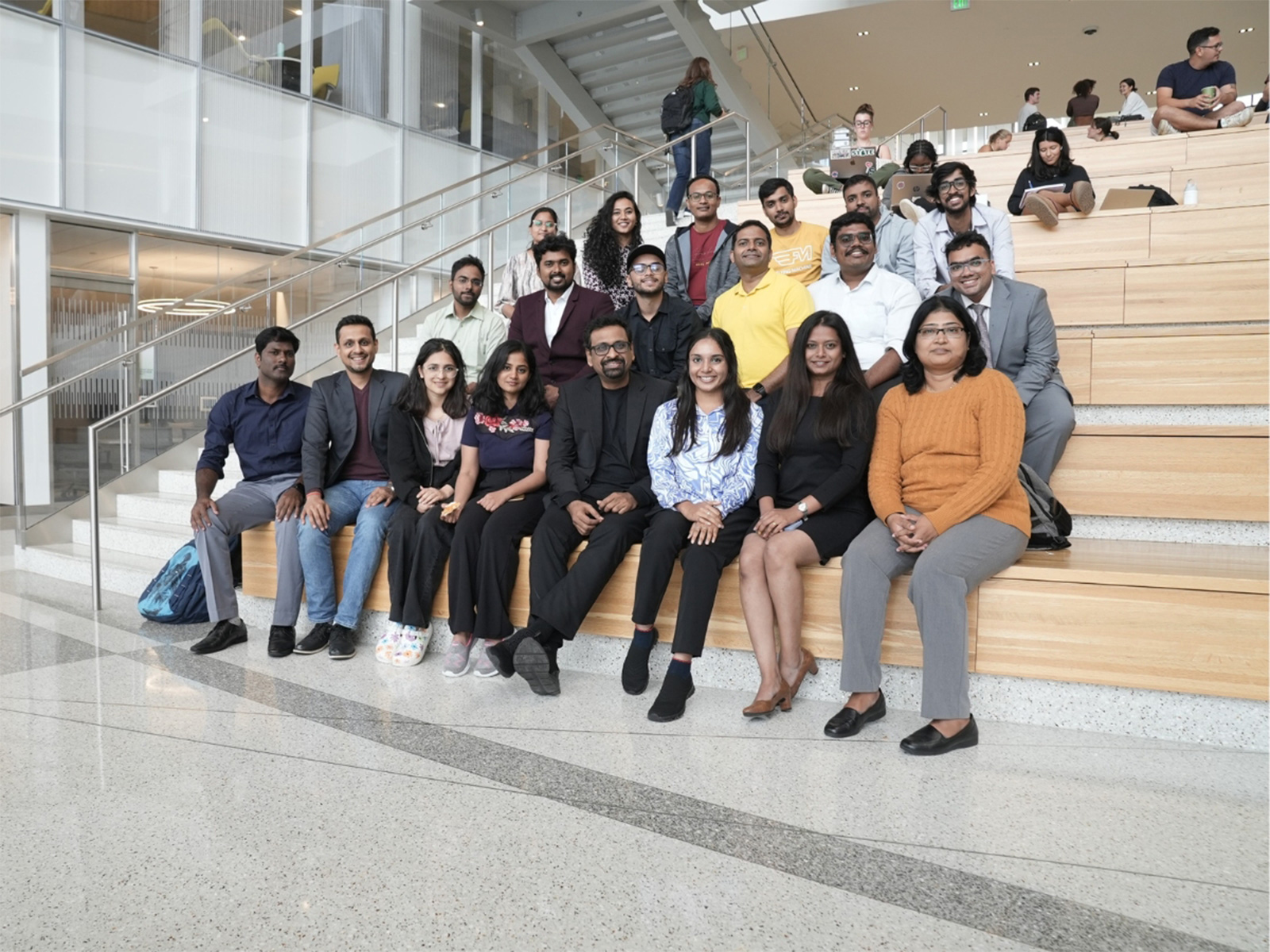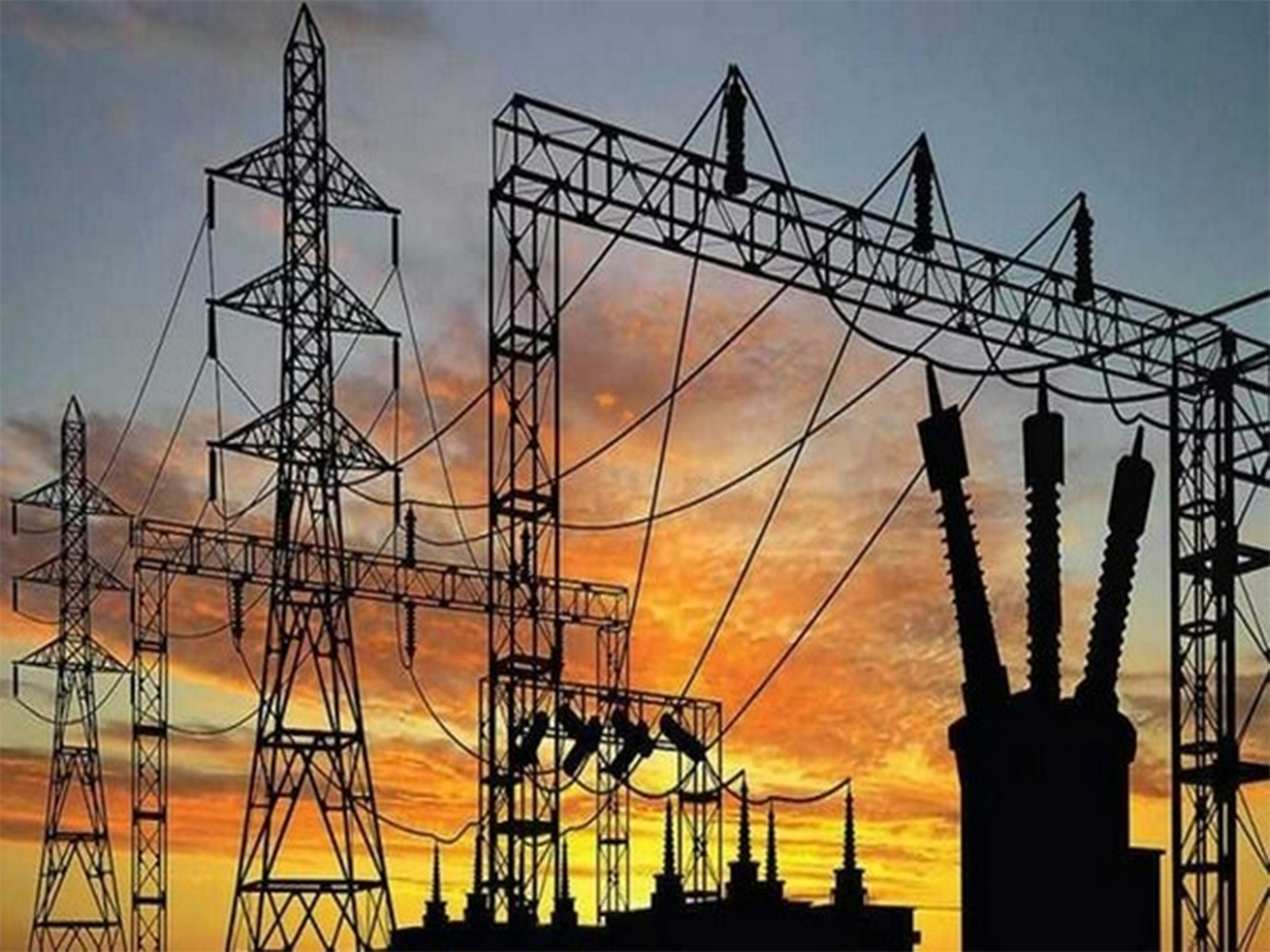
India witnessing rapid rise in overweight, obesity across all age groups: UNICEF
Sep 11, 2025
New Delhi [India], September 11 : The overweight and obesity rising across all ages - from youngest children to adults and prevalence among under-five children has more than doubled in just over a decade.
According to UNICEF's Child Nutrition Global Report 2025, launched recently, obesity has, for the first time, surpassed underweight globally as the most common form of malnutrition among school-aged children and adolescents. Today, one in ten children worldwide, nearly 188 million, live with obesity. Once considered a condition of affluence, obesity is now spreading rapidly in low and middle-income countries, including in India.
"Countries in South Asia had the lowest prevalence of overweight in 2000. By 2022, the prevalence increased almost fivefold among children aged 5-9 years, 10-14 years and 15-19-year-olds."
"Rising rates across India: According to the National Family Health Survey (NFHS) data, India is witnessing a rapid surge in overweight and obesity among under-five children, with prevalence rising by 127 per cent (from 1.5 per cent to 3.4 per cent between NFHS 3 (2005-06) and NFHS 5 (2019-21). Similarly, adolescent girls and boys have seen an increase in overweight, obesity of 125 per cent (from 2.4 per cent to 5.4 per cent) and 288 per cent (from 1.7 per cent to 6.6 per cent) respectively," stated UNICEF
"In adults, the prevalence increased by 91 per cent among women (12.6 per cent to 24.0 per cent) and 146 per cent among men (9.3 to 22.9 per cent), pointing to a nationwide health crisis. (NFHS 5 2019-2021)
"India is expected to be home to over 27 million children and adolescents (5 to 19 years) living with obesity by 2030, and will account for 11 per cent of the global burden. (CNNS 2016-18)," it said.
As quoted in the Indian Economic Survey 2024-25, Ultra Processed Food (UPF) consumption in India surged from USD 900 million (2006) to USD 37.9 billion (2019), growing at over 33 per cent annually. Between 2011 and 2021, retail sales of UPFs grew at a Compound Annual Growth Rate (CAGR) of 13.7 per cent.
Drivers of the epidemic are fast foods, high-fat, sugar and salt, said UNICEF in a report.
"The child nutrition report highlights how fast foods and ultra-processed foods and beverages -- high in fat, sugar and salt -- are increasingly replacing fruits, vegetables, and traditional diets. Aggressive and targeted marketing campaigns, along with easy availability, are influencing food choices for children and adolescents, rather than personal preference."
"A range of early life factors is contributing to the rising numbers. These include inadequate maternal nutrition and poor childhood dietary practices, such as insufficient breastfeeding. Social and gender norms whereby adolescent girls and women often eat least and last, further exacerbating the issue. Additionally, the growing consumption of ultra-processed foods and sugar-sweetened beverages, combined with low levels of physical activity and increased screen time among young children and adolescents, is fuelling the problem. All of this is taking place within an unhealthy food environment dominated by ultra-processed products," It said
Marie-Claude Desilets, Chief, Nutrition, UNICEF India, said, "With this high level of media exposure and easy access to unhealthy food, India is also following the same global trend with a rapid rise in children and adolescents with overweight and obesity. The country is beginning to face the triple burden of malnutrition -- stunting & wasting, micronutrient deficiencies and obesity -- often coexisting in the same family or even the same person. India has a unique opportunity to act now to prevent overweight and obesity in children."
The World Obesity Federation estimates that in 2019, obesity-related costs were estimated at nearly $29 billion, or 1 per cent of India's GDP. By 2060, this figure is projected to reach $839 billion -- 2.5 per cent of GDP -- unless urgent measures are taken. Unhealthy diets are now the leading contributor to India's disease burden, accounting for 56 per cent of it (ICMR-NIN, 2024).
Dr William Joe, Assistant Professor at the Institute of Economic Growth, Delhi, emphasised the high costs of poor diets, noting, "There is a high cost to poor diets which is fuelling an epidemic of non-communicable diseases. Once established in childhood or adolescence, obesity is extremely difficult to reverse and likely to persist into adulthood, leading to increased risk of diabetes, cardiovascular disease, hypertension and some cancers. The economic and psychological impacts are severe -- from draining household savings to stigma and low self-esteem."
India has taken several steps, from the Fit India Movement and Eat Right India campaign to POSHAN Abhiyaan 2.0 and school-based health and wellness programmes. Guidance to place sugar and oil boards in schools and offices have also been introduced. Prime Minister Narendra Modi, in his Independence Day address, urged families to reduce cooking oil consumption by 10 per cent, emphasising that such small changes can significantly impact public health.
In the report, India has been acknowledged as the first lower-middle-income country to adopt WHO's best-practice policy to limit trans-fat --while also advancing healthier diets through "Eat Right" schools.
Arjan De Wagt, UNICEF India's Deputy Representative for Programmes, said, "Malnutrition today is no longer only about undernutrition - the rapid rise of obesity, fueled by unhealthy foods and beverages, is driving non-communicable diseases even among children and young people. Without urgent action through stronger policies - such as easy to understand front-of-pack nutrition labelling, regulating unhealthy food marketing, introducing health taxes on unhealthy foods, and empowering children and youth with nutrition skills - India risks reversing hard-won gains in child health and locking millions into a lifetime of poor health. Government, civil society, businesses, and community leaders all share a responsibility to protect every child's right to good nutrition."
